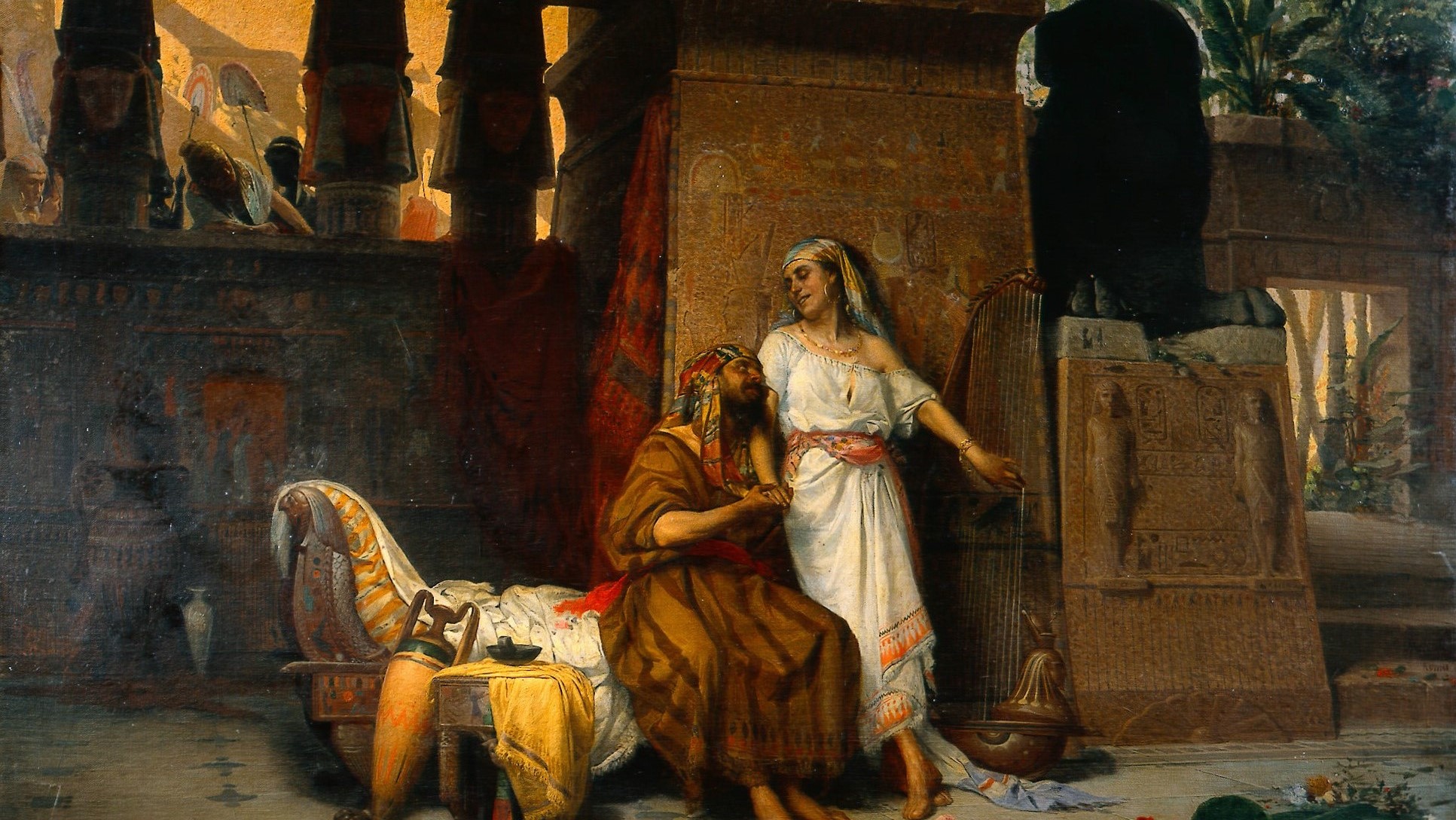
Genesis 12:1-9
Narrative Lectionary 102
1 Now the LordA said to Abram,B “GoC from your countryD
and your kindredE and your father’sF houseG to the landH that I will showI you.
2 I will makeJ of you a greatK nation,L and I will blessM you,
and make your nameN great,O so that you will beP a blessing.Q
3 I will bless those who bless you, and the one who cursesR you I will curse;S and in you all the familiesT of the earthU shall be blessed.”
4 So Abram went, as the Lord had toldV him; and LotW went with him. Abram was seventyX-five years oldY when he departedZ from Haran.AA
5 Abram took his wifeBB SaraiCC and his brother’sDD sonEE Lot,
and all the possessionsFF that they had gathered,GG and the personsHH whom they had acquiredII in Haran;
and they set forthJJ to go to the land of Canaan.KK When they had comeLL to the land of Canaan,
6 Abram passed throughMM the land to the placeNN at Shechem,OO to the oakPP of Moreh.QQ At that time the CanaanitesRR were in the land.
7 Then the Lord appearedSS to Abram, and said, “To your offspringTT I will give this land.” So he builtUU there an altarVV to the Lord, who had appeared to him.
8 From there he movedWW on to the hill country on the eastXX of Bethel,YY and pitchedZZ his tent,AAA
with Bethel on the westBBB and AiCCC on the east; and there he built an altar to the Lord and invokedDDD the name of the Lord. 9 And Abram journeyedEEE on by stagesFFF toward the Negeb.GGG
Image credit: “Abraham and Sarah in the Pharaoh’s Palace” by Giovanni Muzzioli, 1875.
